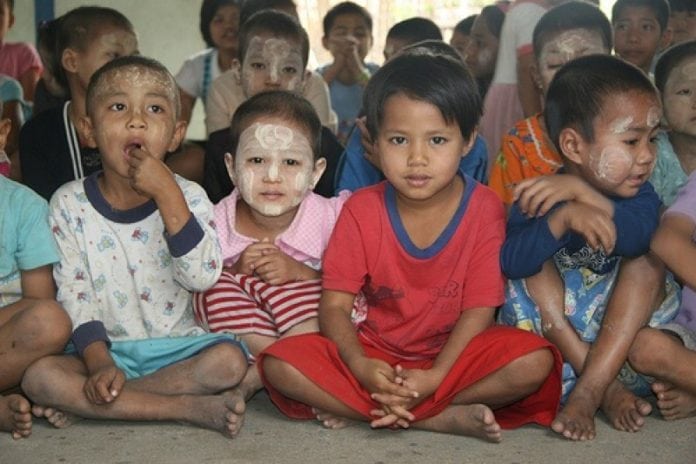‘Orphan Tourism’: Every year, thousands of well-intentioned Australian school and university students volunteer to support and visit orphanages in our region. It’s referred to as “orphan tourism”, a jarring and cynical term that befits the exploitation of poverty-stricken children in nations including Cambodia and Thailand, and the opportunism and manipulation of the criminals running so many sham organisations.
Multiple studies have established that as many as four in five children in orphanages have at least one living parent.
Almost without exception, they have families that could and should be caring for and protecting them.
These children are part of one of the world’s greatest problems – never before have there been more slaves.
It is the world’s second-biggest illicit market, behind drugs, with an estimated 45 million children, women and men treated as commodities.
The average price of a person is about $90. Two-thirds of the slave trade happens in our region.
As long as well-meaning people from prosperous places like Australia continue to finance these orphanages, children will be enslaved in them as bait for all those hugs and selfies.
The children are sold to the operators by desperately poor parents. They lose their chance at a solid education by being in the orphanages, and are often sent out in the evening to beg.
Australia has a chance to help stop this bastardry. After extensive hearings by a the influential joint standing committee on foreign affairs and trade, the federal government is poised to introduce a Modern Slavery Act, modelled on legislation passed in the UK in 2015.
A core element of the proposed law is prohibition of visiting or funding orphanages.
The law, should it pass, will also compel companies with an annual turnover of more than $100 million to report each year on whether any of their suppliers use slave labour, and what the Australian management is doing to stop such exploitation.
Observers are concerned the legislation at this stage neither includes penalties nor a commitment to a watchdog, and that the $100-million threshold is too high to capture much of the slave labour.
These are reasonable concerns. But the legislation is an important and positive move. The government is trying to act effectively without putting an undue burden on business, and the bill merits support across the Parliament.
Should the law pass and prove insufficient, it can be amended.
Meanwhile, and anyway, those who want to help poverty-stricken children should eschew orphanages and donate money to one or more of the various organisations providing genuine support to some of the world’s most vulnerable children.




